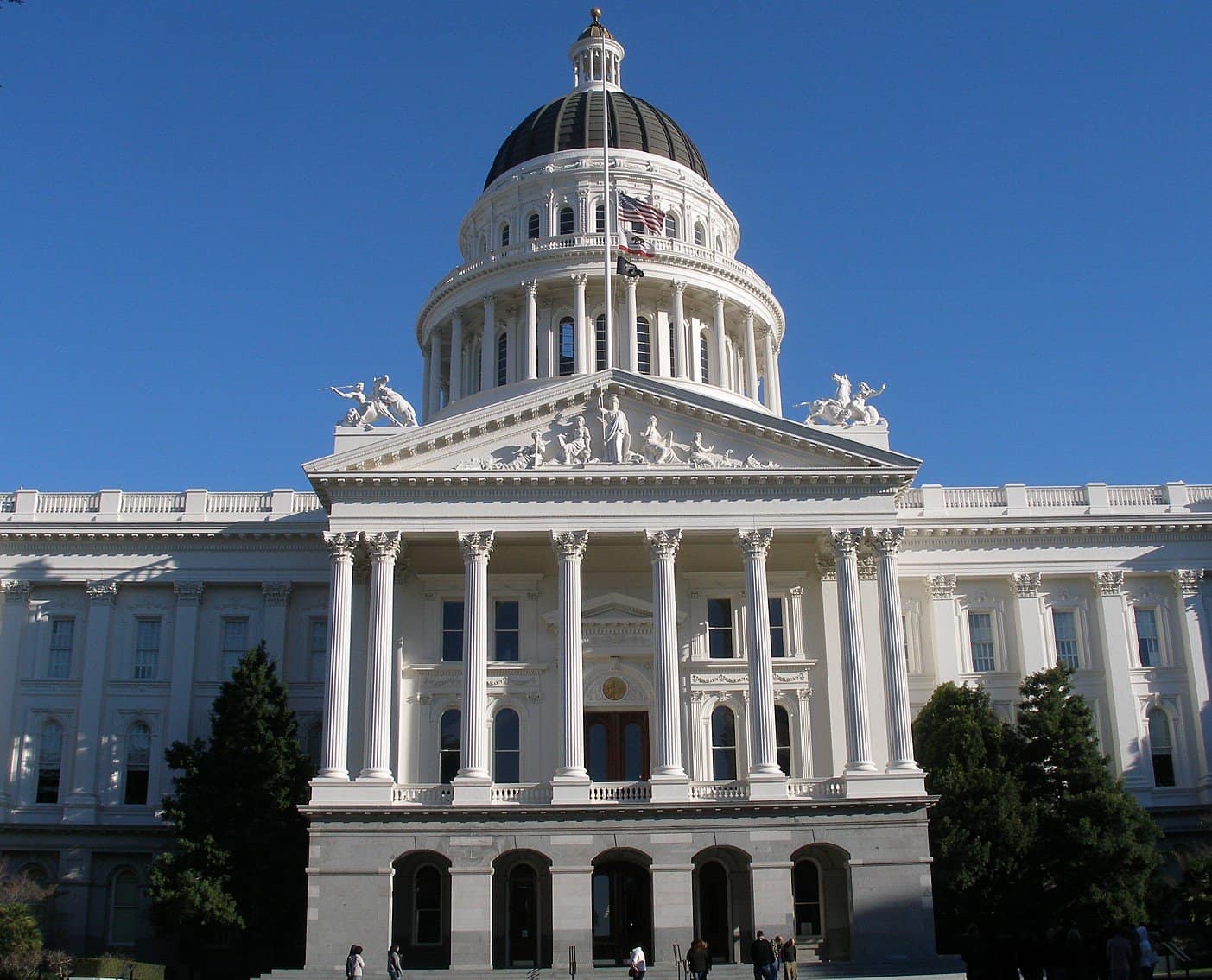
Michelle Berger is a student at Harvard Law School.
In today’s News and Commentary: the NLRB affirms findings that Starbucks violated the NLRA; the Supreme Court denies cert in a case that sought to challenge the constitutionality of California’s worker classification law; and a new conservative nonprofit weighs in on unions.
On Tuesday, a bipartisan three-member panel of the NLRB affirmed an ALJ decision from last year that found Starbucks violated the NLRA in connection with its conduct at a retail store in Seattle. In the case, baristas had received subpoenas to testify at an NLRB representation hearing. The baristas alleged – and the ALJ found – that Starbucks management told them the subpoenas did not excuse them from work and that, if they missed work for the hearing, they would face discipline unless they could find someone to cover their shift. The ALJ concluded that Starbucks’ conduct interfered with the baristas rights and violated Section 8(a)(1) of the Act.
Also on Tuesday, the Supreme Court denied a petition for certiorari in a case seeking to strike down A.B. 5, the California law intended to prevent misclassification of employees as independent contractors. Petitioners contended that A.B. 5 is unconstitutional under the First Amendment for its application to political canvassers. The Court’s denial of cert puts an end to this particular attack against the law, which has been a lightning rod for attacks from business interests in California. I wrote about A.B. 5 in the context of a constitutional challenge to the law on equal protection grounds in March.
In an article published yesterday, Timothy Noah of The New Republic reviews and critiques a self-proclaimed “handbook for conservative policymakers” produced by a new right-wing nonprofit, American Compass. Noah’s article, “Conservatives Aren’t Serious About Empowering the Working Class,” credits the American Compass publication – “Rebuilding American Capitalism” – for “capably identif[ying] the problems facing the working class,” including many of the sources of economic inequality. He credits American Compass, too, for recognizing the conservative case for labor unions (“conservatives … prefer private ordering to government dictates,” Noah quotes) and endorsing sectoral bargaining. (For more commentary on sectoral bargaining, see The Clean Slate Agenda). But ultimately, Noah observes, American Compass’ labor platform falls flat. It offers nothing by way of strengthening government protection for unionization. And alarmingly, it calls for curbing the political influence of unions –– which would, in effect, be “leaving politics to corporations.” The platform’s ambivalence (at best) toward labor leads Noah to conclude that American Compass “has some good ideas about what ails America, but it balks at furnishing the means to fix it.”






Daily News & Commentary
Start your day with our roundup of the latest labor developments. See all
February 25
OSHA workplace inspections significantly drop in 2025; the Court denies a petition for certiorari to review a Minnesota law banning mandatory anti-union meetings at work; and the Court declines two petitions to determine whether Air Force service members should receive backpay as a result of religious challenges to the now-revoked COVID-19 vaccine mandate.
February 24
In today’s news and commentary, the NLRB uses the Obama-era Browning-Ferris standard, a fired National Park ranger sues the Department of Interior and the National Park Service, the NLRB closes out Amazon’s labor dispute on Staten Island, and OIRA signals changes to the Biden-era independent contractor rule. The NLRB ruled that Browning-Ferris Industries jointly employed […]
February 23
In today’s news and commentary, the Trump administration proposes a rule limiting employment authorization for asylum seekers and Matt Bruenig introduces a new LLM tool analyzing employer rules under Stericycle. Law360 reports that the Trump administration proposed a rule on Friday that would change the employment authorization process for asylum seekers. Under the proposed rule, […]
February 22
A petition for certiorari in Bivens v. Zep, New York nurses end their historic six-week-strike, and Professor Block argues for just cause protections in New York City.
February 20
An analysis of the Board's decisions since regaining a quorum; 5th Circuit dissent criticizes Wright Line, Thryv.
February 19
Union membership increases slightly; Washington farmworker bill fails to make it out of committee; and unions in Argentina are on strike protesting President Milei’s labor reform bill.